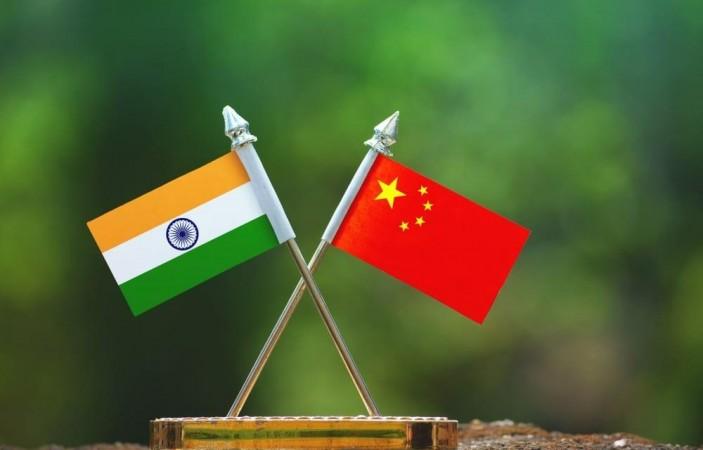
India has been wary of China and it's reach over India's information. On Saturday, Rajeev Sharma was arrested for working for Chinese intelligence officers in Delhi. The freelance journalist was found in possession of confidential data on the Indian defence.
As concerns and calls for better vigilance when it comes to surveillance by China amid the rising border tensions, this has sounded alarm bells for India. So far the surveillance talked about has been mainly to 'digital' however, are there more channels for Chinese espionage?
Journalist caught peddling information on India's defence to China
Rajeev Sharma, 61-year-old, was arrested by the Delhi Police's Special Cell on Saturday along with Chinese woman Qing Shi and Nepalese Sher Singh in a case of passing on sensitive security information on the Indian defence. Sharma was being paid huge sums of money through shell companies to do so.
The money was being routed through 'Hawala' channels the police said by Qing Shi and Sher Singh. An intelligence agency had received a tip on Rajeev Sharma's links to foreign intelligence officers. Soon after, an FIR was filed and a warrant was obtained to search the journalist's house.
Rajeev Sharma who stayed at an apartment complex in Pitampura and was found in possession of crucial and sensitive information on India's military strategy, on the India-China border, as well as Dalai Lama. Sharma was passing on information to two Chinese handlers Michael and George in Kunming, China.

Between 2010 and 2014, the journalist worked with Global Times famously known for its leaning towards the Chinese government. Through his columns intelligence agent, Michael and his junior Xou scouted the journalist between 2016 and 2018 to help pass on important information on the border stand-off, Indian defence, etc. as Sharma had strong contacts. He was called to Kunming, China for a discussion where this was explained to him.
The police said in its statement, "He was tasked to provide the information inputs on issues like Indian deployment on Bhutan-Sikkim-China tri-junction including Doklam, the pattern of India-Myanmar military co-operation. India-China boundary issue, etc."
The police said that Sharma had revealed that he had shared information on the Bhutan-Sikkim-China tri-junction and Doklam deployment. He also shared information on the India-Myanmar co-operation and more. He was in contact with Michael via email and chat.
This issue has raised huge concerns about Chinese surveillance in the country. This debate has been raging since Zhenhua data case, where many high-profile personalities were on the Chinese radar of a private firm. Further investigation is still being conducted into the case and the identities of all those names are also being investigated to understand the extent of the spy network.








